Tovertunnel (Magic Tunnel)
This colorfully-painted tunnel links two distinct parts of a historic neighborhood.
Located on the bank of the river Nieuwe Maas, Delfshaven (Port of Delft) has served as a harbor since 1389. Large trading vessels anchored here with goods from across all seven seas, which were loaded into warehouses and smaller ships to be towed to the inland city of Delft. Today, the harbor seems largely unchanged since the 17th century. You can still see old ships, canal houses, warehouses and other historical buildings. But tucked away in one narrow alley, visitors can find a piece of decidedly modern design.
Though it is now part of Rotterdam, Delfshaven was originally an independent town. Famous Dutch naval officers were born and raised in Delfshaven and in 1620, the Pilgrim Fathers started their journey to America from its harbor. Behind the wealthy harbor front, there were slums where poor harbor workers lived. The Dutch word achterbuurt (back street) refers to their position behind the rich buildings. Only a few alleys connected the rich harbor area with the workers’ neighborhood.
At the end of the 19th century, the flourishing harbor town suffered from the economic recession. Delfshaven was incorporated into Rotterdam, and part of the harbor was dammed off to protect against flooding. The once-thriving borough became one of the poorest areas in the larger city.
But in the 1970s, the area experienced a revival. It was one of the few areas in Rotterdam not destroyed by the 1940 bombardment, and many of its historic buildings were restored. In the 1990s, the city council began promoting art galleries, designers, restaurants, and cafés. The main harbor area began to thrive once again, but just as in earlier times, it was in contrast with life on the other side of the alley.
The alley that runs between Schansstraat and Aelbrechtskolk was perceived as dark, depressing, and dangerous. But in 1996, the Rotterdam-based artist Willij Vanderlinden set out to change that perception with a community art project. Inspired by the connection between the past and the present, between rich and poor Delfshaven, she turned the alley into Tovertunnel, or Magic Tunnel. To brighten up the alley, Vanderlinden added colorful paintings and neon lights. She said that she was inspired by children, who “started to cry when walking through the alley. There was no light, clochards were laying on the ground.” To cast that negativity out, Vanderlinden wanted to add sparkles of magic. This makes the time warp between the 16th and 21st century even more magic.
In August 2018, Tovertunnel was renovated with public funds. Locals now safely use the Tovertunnel as a gateway between old and new Delfshaven. Also, some officials have visited Tovertunnel to see the intrinsic proof of Rotterdam architecture; transforming drab grey areas into sources of magic and beauty.
Know Before You Go
Delfshaven can be reached by metro station Delfshaven. Highly recommended is to take a historical tram from Rotterdam Central Station to Delfshaven. After the bridge, take the next stop after the traditional pubs Ooievaar and Oude Sluys. Walk onto the Schiedamseweg and turn into the small street called Schansstraat. Around number 54 you will find the Tovertunnel at your left hand side. Please only visit during daytime, as Tovertunnel is closed at night.








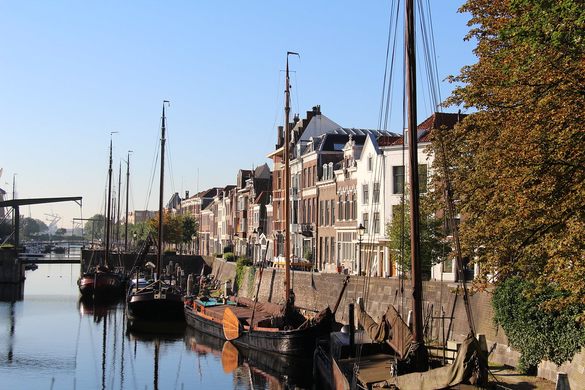




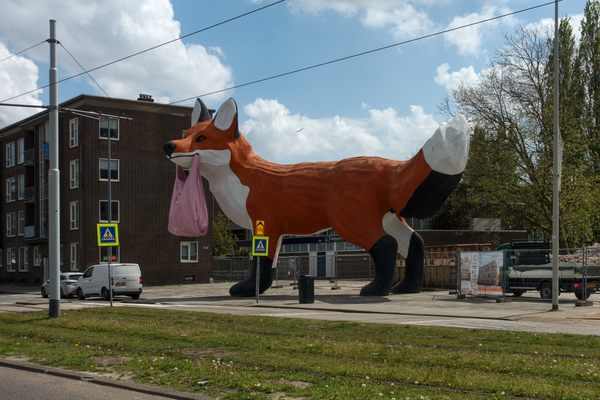
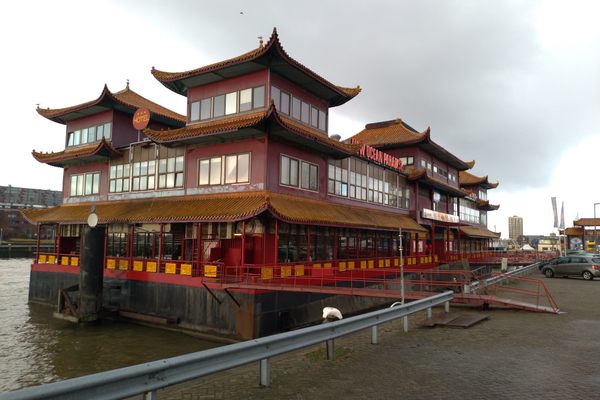


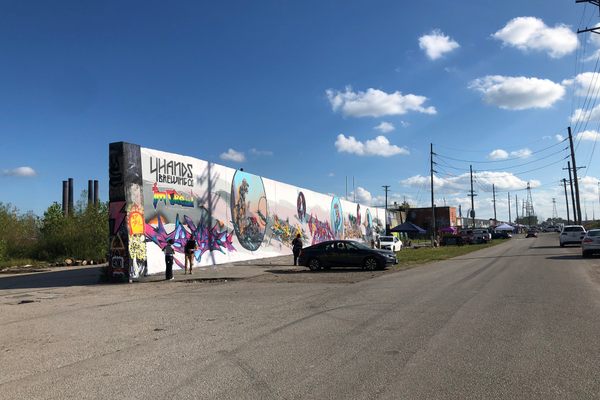
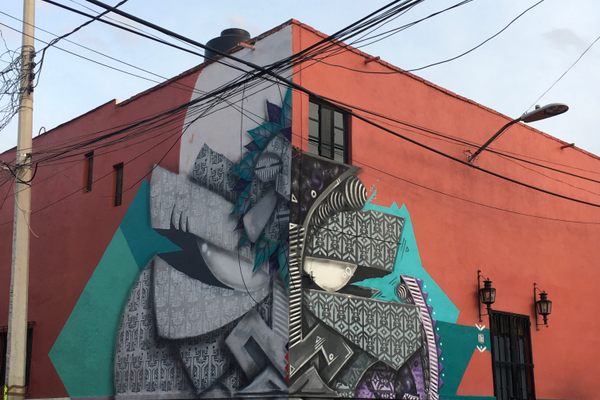



Follow us on Twitter to get the latest on the world's hidden wonders.
Like us on Facebook to get the latest on the world's hidden wonders.
Follow us on Twitter Like us on Facebook